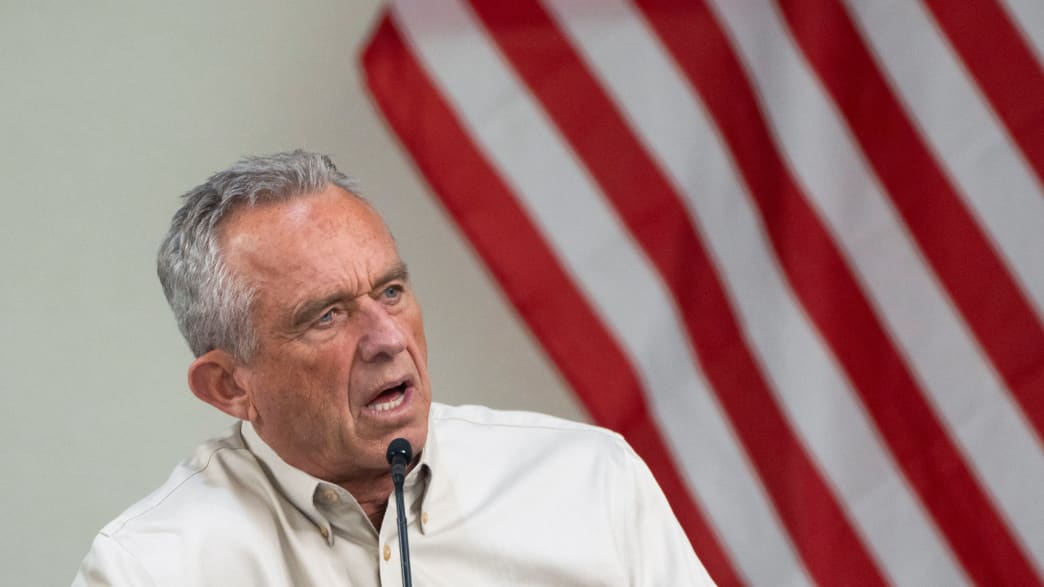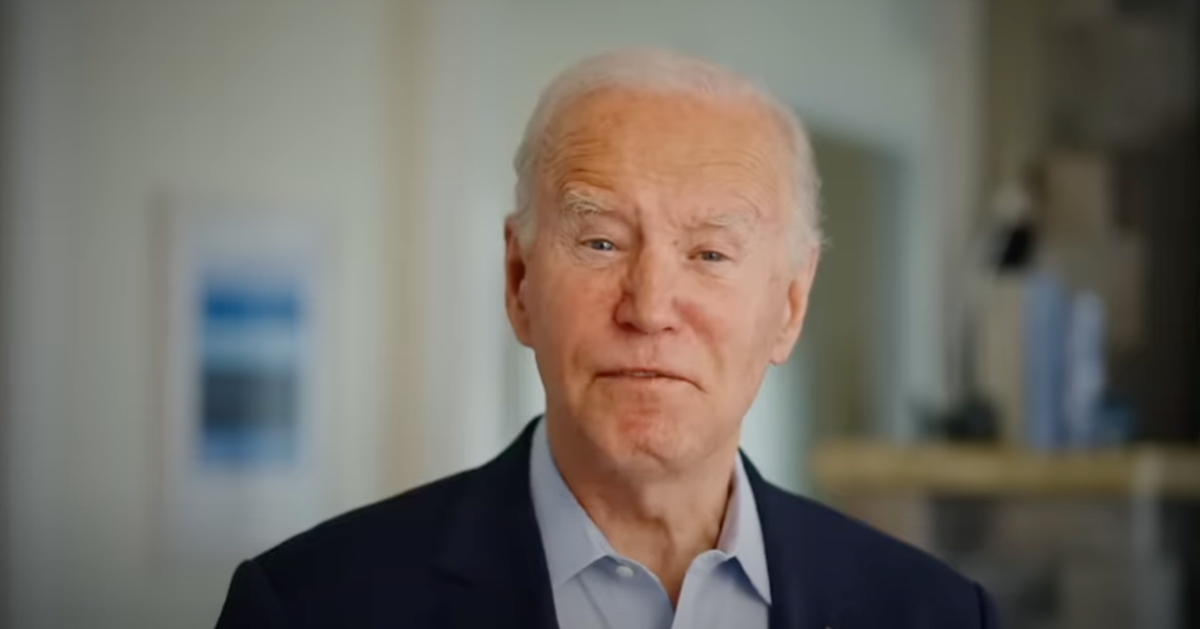Politico: Kamala Harris Resisted Responsibility for Role in Immigration Management
Vice President Kamala Harris resisted taking responsibility for immigration issues when tasked with managing the influx from Northern Triangle countries in 2021.
Harris' reluctance to fully engage with the border crisis is now being highlighted in political discourse, including among historically friendly journalists, especially in light of current criticisms of the Biden administration's immigration policies, as Breitbart reports.
Harris's Reluctance to Address Crisis
In March 2021, President Joe Biden appointed Harris to address migration issues in the Northern Triangle countries. The expectation was that Harris would take a lead role in tackling the border crisis. However, Harris resisted taking direct responsibility for the border situation despite being popularly referred to as the "border czar."
Alexander Burns, Politico's head of news, highlighted Harris's resistance in an article published on Aug. 10. The headline of the article, “‘Smash the Gangs’: What Harris Can Learn from Keir Starmer,” references what Harris can take away from the strategies of the U.K.’s left-wing Prime Minister. Burns explained that Harris was hesitant about the implication that she was directly responsible for fixing the border.
Early Policies and Directives
On March 24, 2021, Biden publicly appointed Harris to lead efforts with Mexico and the Northern Triangle countries. His directive was clear: the focus should be on stemming the flow of migrants to the U.S. southern border. Biden stated, "When she speaks, she speaks for me. Doesn’t have to check with me. She knows what she’s doing, and I hope we can move this along."
Just a day after the appointment, Biden declared that migrants, except for children, should be sent back. Harris, however, chose to focus on the root causes of migration rather than directly addressing the border crisis itself. She emphasized the importance of law enforcement while tackling the underlying issues prompting people to migrate.
During a joint appearance in June 2021, Harris and Alejandro Mayorkas, Biden’s border chief, underscored the need for an “orderly and humane” immigration system. Mayorkas had been instrumental in dismantling former President Donald Trump’s border defenses and was supported by West Coast investors and donors.
Harris's Approach Versus Administration's Actions
Despite Harris's designated role, she bristled at the expectation that she was directly handling the border crisis. Her focus on addressing the root causes contrasted with Biden’s upfront implementation of strict border control measures just weeks before his campaign began to falter.
As criticisms of the Biden administration’s immigration policies grow, Burns suggests that Harris consider adopting a more conciliatory message on immigration, similar to that of the U.K.’s Labor Party. This suggestion is aimed at balancing control and compassion in addressing migration.
According to vice-presidential contender JD Vance, who spoke to ABC News on Aug. 11, the administration’s policy is seen by many as one of "throw open the gates of our country.” Vance, alongside other critics, argues that current policies benefit investors and businesses but disadvantage ordinary American workers.
Political Implications and Criticisms
The Biden administration's policies have led to approximately 10 million migrants entering the U.S. workforce, drawing significant criticism. Critics claim that the surge in low-wage labor harms American workers' wages and opportunities, a point echoed by Former President Donald Trump's campaign team. In a statement from May, they argued that Biden’s policies were "flooding America’s labor pool with millions of low-wage illegal migrants."
The current criticism of Harris’s handling of the immigration issue also extends to the financial backing she receives. Significant donations from West Coast supporters have been funneled to Harris, particularly emphasizing her potential 2024 campaign.
Burns criticizes the Democrats for lacking a coherent immigration message, highlighting the clear contrast with Republican stances. “American Democrats do not really have a message on immigration at all” was a notable line from his article.
Reflecting On the "Root Causes" Strategy
Reflecting on Harris's strategy, Christabel Cooper stressed the importance of maintaining a balance between control and compassion. Cooper believes that dismissing the perception that migration is out of control is detrimental, stating, “The feeling that migration is out of control is a really strong one, and just kind of dismissing it is not a good thing to do."
On the other hand, Vance pointed out that the administration’s lenient policies had opened the floodgates to unchecked migration. This perspective has fueled the ongoing debate about the efficiency and impact of Biden's and Harris's immigration strategies.
As the political discourse around immigration policies intensifies, it remains to be seen how the administration will address these critiques. The call for Harris to adopt a more effective immigration message reflects the growing need for a balanced and comprehensive approach to the issue.
Conclusion
In conclusion, Vice President Kamala Harris's resistance to taking direct ownership of the immigration issue, as highlighted by Alexander Burns, is now a focal point in political discourse.
Appointed by President Joe Biden to manage the Northern Triangle countries, Harris has insisted that her focus was on addressing root causes rather than directly tackling the border crisis.
The Biden administration's policies, criticized for favoring investors over American workers, have led to an influx of migrants, fueling a contentious debate.
Amid this scenario, Harris's significant financial backing for her potential 2024 campaign underscores the complex dynamics at play in shaping America's immigration policy narrative.






